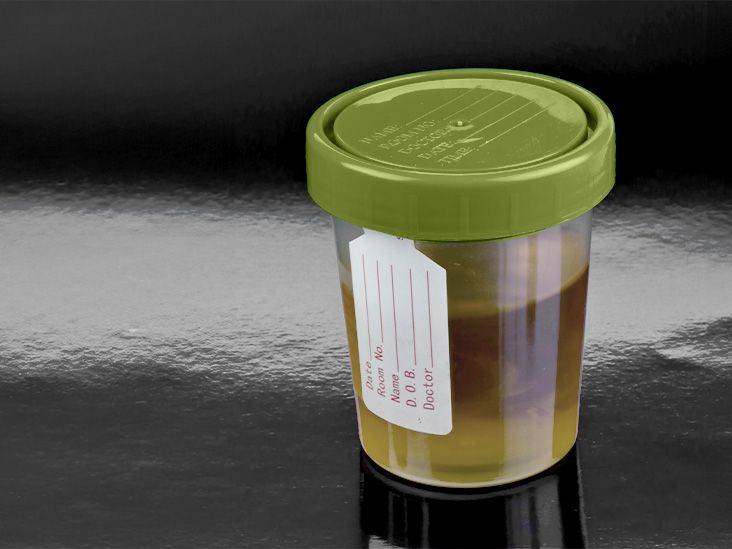- Researchers at Virginia Commonwealth University are working on developing a urine-based test to detect ovarian cancer at an earlier stage.
- The research team investigated the possible use of nanotechnology in analyzing certain peptides that are found in the urine of people with ovarian cancer.
- Although this discovery is promising, the diagnostic process technique is still in its early stages.
Scientists are working on a potential urine-based test to help detect ovarian cancer in its early stages.
The researchers from Virginia Commonwealth University published their study in the Journal of the American Chemical Society. They will also present their findings at the Biophysical Society Annual Meeting next week in Philadelphia.
The researchers’ goal is for medical professionals to use this information, combined with CA-125 blood tests, transvaginal ultrasound, and family history, to provide early-stage detection, diagnosis, and treatment for ovarian cancer.
“There are no screening tests that are useful or available for ovarian cancer,” said Dr. Deanna Gerber, a gynecological oncologist at NYU Langone’s Perlmutter Cancer Center and an assistant professor of gynecology at NYU Langone Grossman School of Medicine-Long Island in New York who was not involved in the research.
“As such, the majority of ovarian cancers are diagnosed at stage three and four when they become symptomatic,” Gerber told Medical News Today. “This technology is exciting because anything that may increase our chances of detecting cancer at an earlier stage will undoubtedly improve our chance of curing more ovarian cancers.”
There are thousands of tiny particles, called peptides, in our urine and there are specific ones that signal ovarian cancer.
Currently, the techniques commonly used are not always straightforward or cost-effective to detect the molecules connected to ovarian cancer.
The researchers worked on a new approach they say could more efficiently and accurately detect these peptides…
Read the full article here







